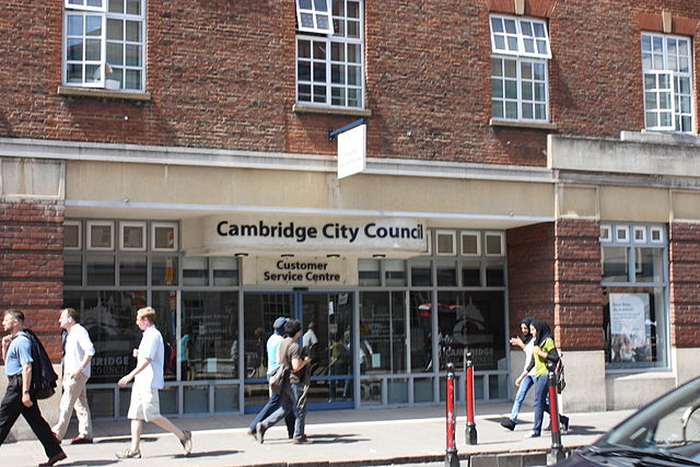Covid-19 pandemic could boost authoritarianism and impact voting claims new study
Cambridge research claims cities with high rates of infectious disease tend to produce more authoritarian-leaning citizens

An increased desire for “conformity and obedience” during the Covid-19 pandemic could boost authoritarianism, claims a new study by University of Cambridge psychologists.
Psychologists propose that humans have a behavioural immune system as well as a physiological one. The behavioural immune system helps to keep us disease-free in various ways, including a fear and avoidance of unknown, or possibly infected, entities.
When infection rates are high, a “parasite stress” response is also heightened - measurable through voting patterns that increasingly tend to favour conformity and reject “foreign outgroups”.
Using infectious disease data from US cities and states, and a psychological survey taken by over 206,000 people, researchers found a clear pattern: cities suffering from higher infection rates have more authoritarian-leaning citizens.
The study’s findings were later replicated at an international level, with survey data taken from over 51,000 people across 47 different countries.
In both national and international studies, higher infection rates also correlated with more “vertical” laws such as abortion control or extreme crime penalties, which tend to disproportionally affect certain groups.
The study - the largest yet to investigate the connections between pathogen prevalence and ideology - was published this month in the Journal of Social and Political Psychology.
“We find a consistent relationship between prevalence of infectious diseases and a psychological preference for conformity and hierarchical power structures – pillars of authoritarian politics,” explained Dr Leor Zmigrod, the study’s lead author and expert in the psychology of ideology.
Zmigrod emphasised that higher rates of infectious disease can consistently predict political outcomes, such as conservative voting, across “multiple geographical and historical levels of analysis”.
“Pathogen rates from over twenty years ago were still relevant to political attitudes as recently as 2016,” continued Zmigrod. “If COVID-19 increases the allure of authoritarian politics, the effects could be long-lasting. Health and politics may be more intertwined than we previously envisioned”.
 Comment / Cambridge’s tourism risks commodifying students18 April 2025
Comment / Cambridge’s tourism risks commodifying students18 April 2025 News / Cambridge student numbers fall amid nationwide decline14 April 2025
News / Cambridge student numbers fall amid nationwide decline14 April 2025 News / Greenwich House occupiers miss deadline to respond to University legal action15 April 2025
News / Greenwich House occupiers miss deadline to respond to University legal action15 April 2025 Comment / The Cambridge workload prioritises quantity over quality 16 April 2025
Comment / The Cambridge workload prioritises quantity over quality 16 April 2025 News / Varsity ChatGPT survey17 April 2025
News / Varsity ChatGPT survey17 April 2025





